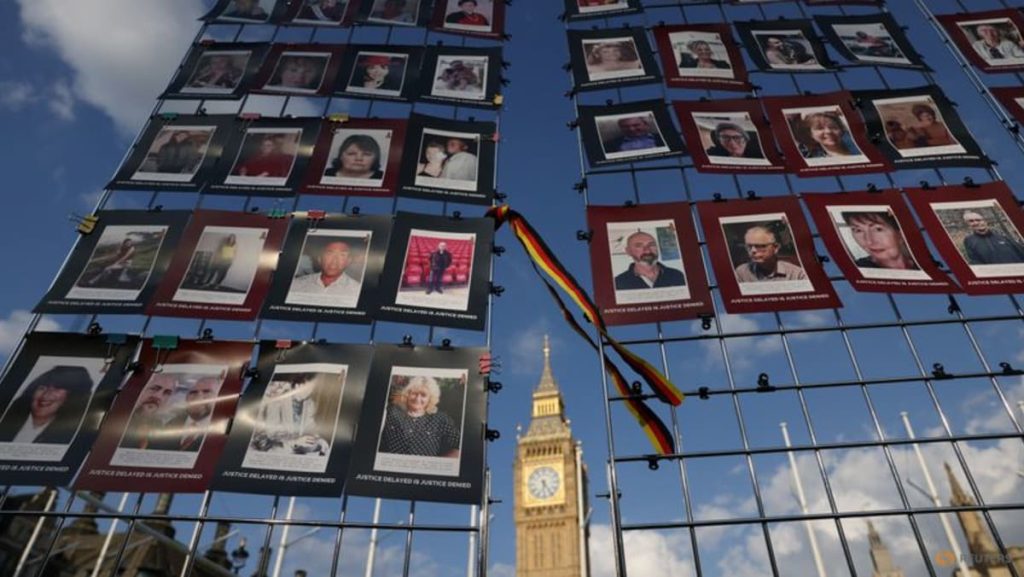The infected blood scandal in Britain, which led to 3,000 deaths and thousands more contracting hepatitis or HIV, was the result of doctors and successive governments failing to prioritize patient safety. More than 30,000 people received infected blood and blood products from Britain’s National Health Service in the 1970s and 1980s, destroying lives, dreams, and families. The government hid the truth to save face and expense, with the cover-up being more subtle and pervasive than any orchestrated conspiracy. Prime Minister Rishi Sunak described it as a day of shame for the British state and issued a wholehearted apology for the terrible injustice, promising full compensation to those affected.
Families of victims and survivors had been seeking justice for years, and the six-year inquiry led by Brian Langstaff revealed the horrifying scale of what happened. Blood products made from donations from high-risk groups were used on children, infecting them with HIV or hepatitis C, long after the risks were known. Some victims were used in medical trials without their knowledge or consent, and those who contracted HIV were often shunned by their communities. Langstaff emphasized that the infections were not accidental but the result of authorities failing to prioritize patient safety.
Survivors like Stephen Lawrence, who was diagnosed with HIV and hepatitis C at the age of 15 after receiving contaminated blood, have been struggling with the consequences of the scandal for decades. Many, including Lawrence, have not been compensated due to missing records. The use of infected blood has led to thousands of victims in countries like the United States, France, and Canada. In 2022, the British government agreed to make interim payments of £100,000 to some of those affected, but the scandal has significantly eroded trust in the medical establishment, according to Clive Smith, the chair of the Haemophilia Society.
The public inquiry concluded that the infected blood scandal was not an accident, but a result of negligence by doctors, the blood services, and successive governments. The misuse of contaminated blood products on vulnerable individuals, including children, was a violation of their rights and resulted in devastating consequences for many. Langstaff emphasized that patient safety was not prioritized by those in authority, leading to the spread of infections. The scandal has had a profound impact on the victims and their families, with many still seeking justice and recognition for the harm they have suffered as a result.
The government’s acknowledgment of the scandal as a day of shame for the British state and the full apology issued by Prime Minister Rishi Sunak indicate a recognition of the gravity of the situation. The promise of full compensation for those affected is a step towards addressing the injustices that have occurred. However, the scandal has highlighted the need for greater accountability, transparency, and patient safety measures within the healthcare system to prevent similar tragedies from occurring in the future. The lasting impact of the infected blood scandal on the victims and their families underscores the importance of ensuring that such failures do not happen again, and that those affected receive the support and justice they deserve.


